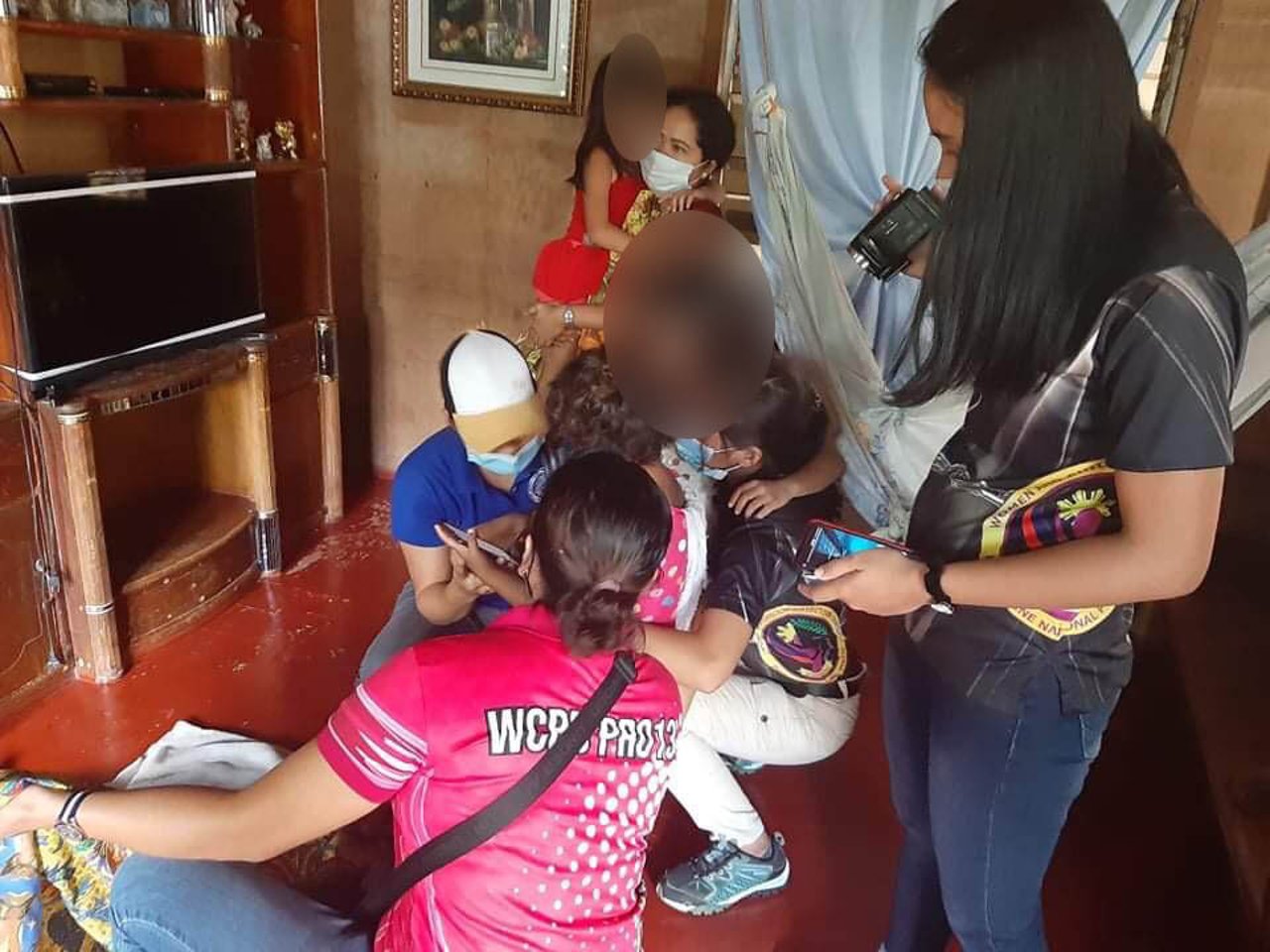5 Traffickers Sentenced to 15 Years in Prison for Online Child Exploitation

17 March 2023
SURIGAO DEL SUR, PHILIPPINES - Five women who sexually abused and exploited children to make money online have been sentenced to a maximum of 15 years in prison. They pleaded guilty to attempted trafficking nearly three years after their arrest in local operations that stemmed from a referral by Australian authorities.
2020
On 20 August 2020, a simultaneous operation at two different locations in Bislig City, Surigao del Sur resulted in the arrest of five suspects and the rescue of 15 victims from online sexual exploitation.
The arrest followed a referral by the Australian Federal Police (AFP) to the Philippine Internet Crimes Against Children Center (PICACC). The case referred involved Ian Ralph Schapel, an Australian national who was arrested for paying Filipino traffickers to produce and transmit child sexual abuse materials.
Schapel's arrest came after Australian Border Force discovered child sexual abuse material in his possession at Melbourne airport, where he arrived from an overseas trip unrelated to these offences. Further investigation uncovered more than 55,000 images and videos of children being sexually abused.

Police Colonel Sheila Portento, then Chief of the Anti Trafficking Division, said:
"This successful operation shows that [cybersex trafficking] is a crime that requires a global response. We are thankful to the Australian Federal Police for collaborating with the Women and Child Protection Center to make this operation happen."
Read more about the rescue here
2022
In 2022, the District Court of South Australia sentenced Schapel, to 15 years, three months and 19 days of imprisonment for ordering and directing the sexual abuse of children in the Philippines via livestream.
Schapel's abuse of the Filipino children occurred on at least 55 occasions between March 2018 and January 2020. Police believe that the youngest victim was just three years old.
Steve Baird, CEO of International Justice Mission Australia, said:
"Online child sex abuse is a truly transnational crime. This operation shows Australians are part of the problem as well as the solution. It is shameful and unacceptable that an Australian perpetrator is involved in such unspeakable abuse of young Filipino children."
Read more about the sentencing here
2023
This March, the five women who facilitated the abuse of Filipino children by foreign nationals including Schapel, pleaded guilty to attempted trafficking and were sentenced to a maximum of 15 years in prison. The Regional Trial Court of the local city issued its orders after the five traffickers entered into plea agreements.
A plea bargain is a powerful child protective prosecution strategy that mitigates the risk of retraumatising young victims who have already suffered so much. They are spared from testifying in court, which helps ensure that justice is served without potentially triggering the trauma of survivors by putting them on the stand. IJM commends public prosecutors for this practice. Lawyer and IJM Cebu Director, Lucille Dejito, said:
"IJM commends public prosecutors who have timely leveraged plea bargaining from a position of strength to protect survivors while still holding perpetrators accountable with significant penalties."
These convictions are a powerful example of what international collaboration can achieve in holding perpetrators accountable for abusing and exploiting children. Prosecutor Clementino Rabor, Head of the Department of Justice Regional Anti-Trafficking Task Force, Caraga Region, Philippines, shares:
"My hope is for these convictions to deter criminals and prevent the abuse and exploitation of children from ever happening in the first place. Prevention is vital in the fight against human trafficking."
Last year, IJM Philippines celebrated a major milestone - the rescue of 1000 victims from livestreamed sexual abuse. To date, IJM has supported Philippine authorities in the conviction of more than 180 perpetrators for offences related to the online sexual exploitation of children. IJM has also supported more than 320 operations.
Note to Editors:
Under Philippine laws, the name and personal circumstance of the trafficked person or any other information tending to establish the identity of the trafficked persons and his or her family shall not be disclosed.
The Terminology Guidelines for the Protection of Children from Sexual Exploitation and Sexual Abuse, also known as the Luxembourg Guidelines, prescribes the use of the term "child sexual abuse material" or "child sexual exploitation material" instead of "child pornography." Sexualised material that depicts or otherwise represents children is a representation, and a form, of child sexual abuse and should not be described as "pornography."
Learn more about OSEC here.